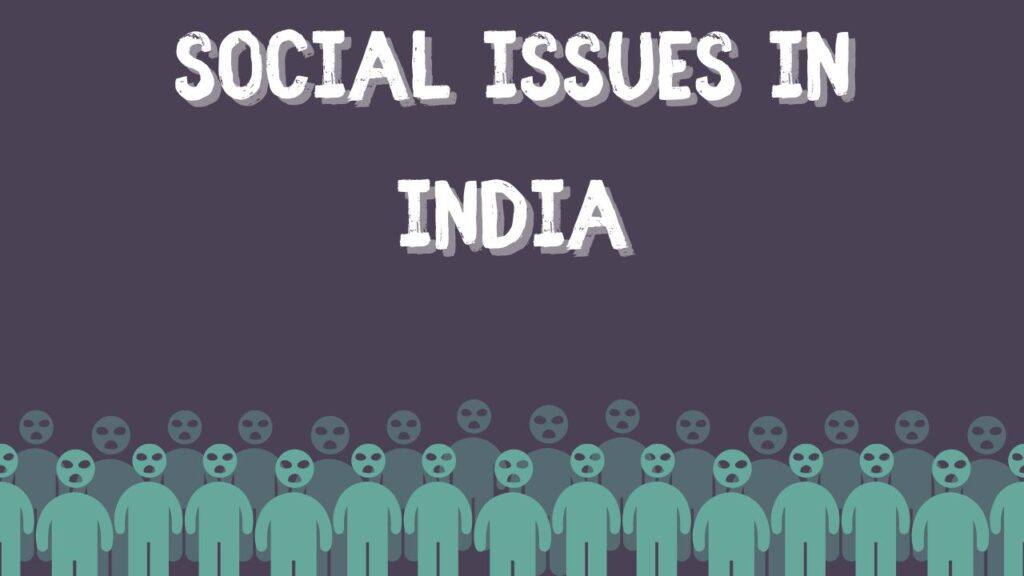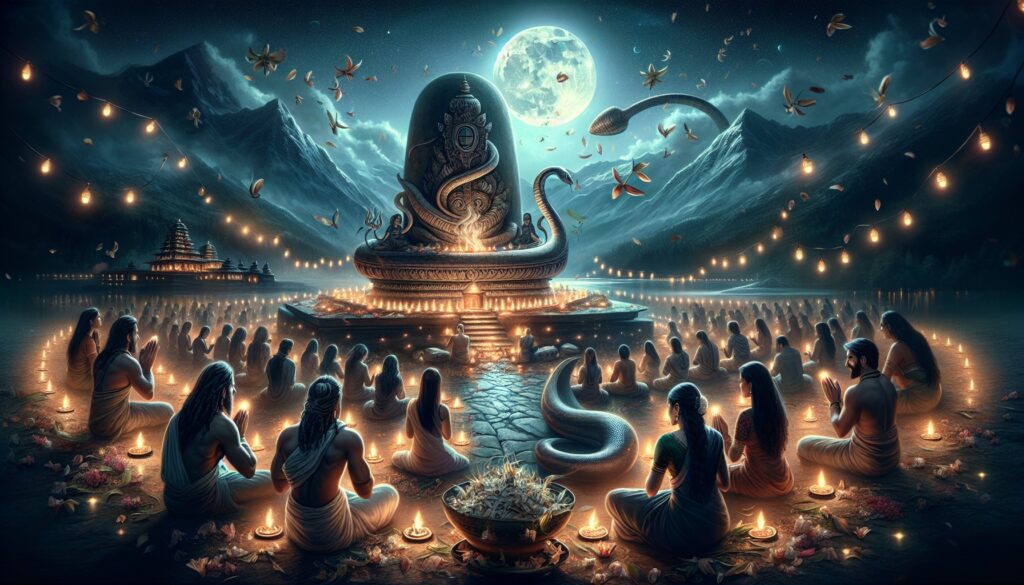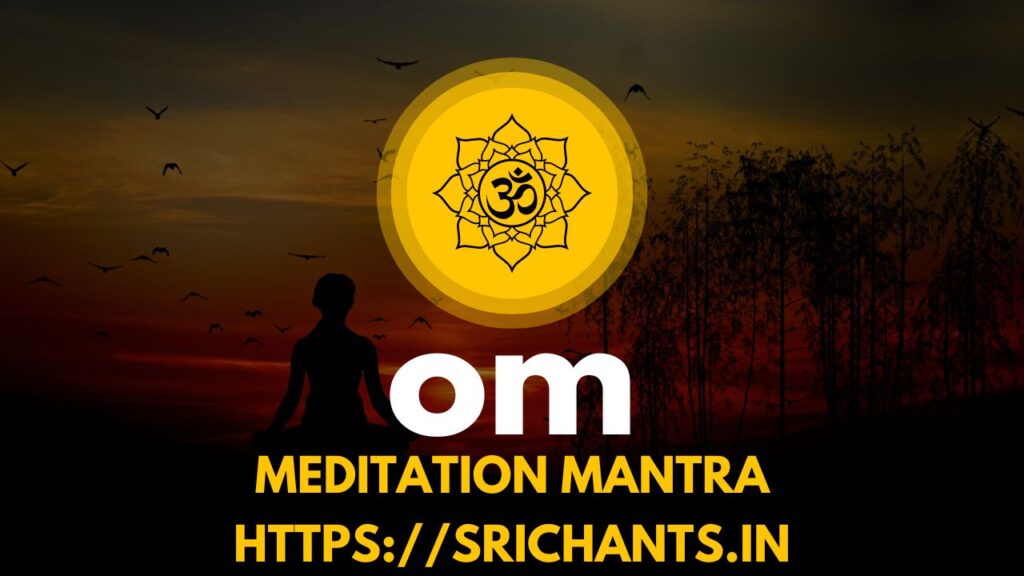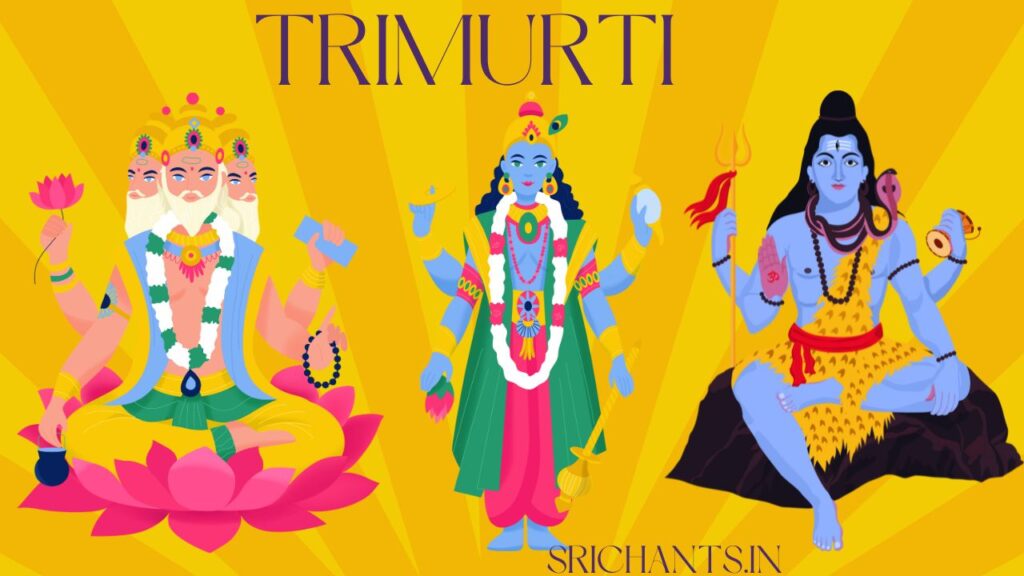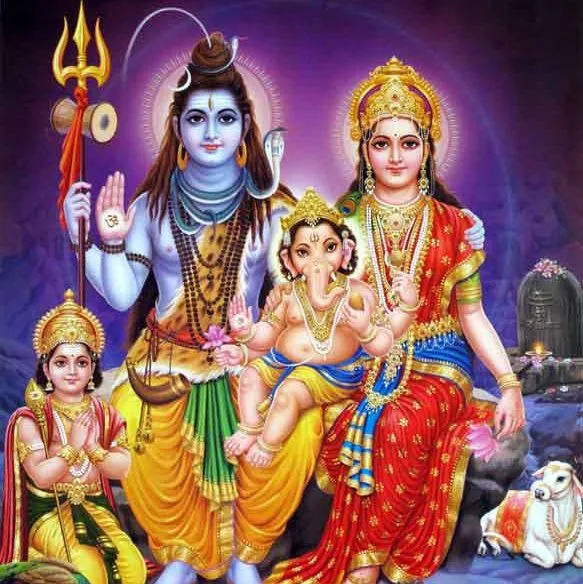Social Issues in India: Promoting Equality and Freedom of Expression
Hinduism, an ancient and multifaceted faith, comprises an extensive array of traditions and conventions. It advocates for the complete freedom of religion and worship, placing great emphasis on the equality of all individuals and the non-existence of prejudice. Nevertheless, similar to other religious traditions, Hinduism has been confronted with social concerns that have prompted both censure and introspection. This article explores several significant social concerns inherent in Hinduism, encompassing the caste system, gender disparity, and environmental awareness. In addition, the posture of Hinduism on equality, freedom of expression, and the necessity for social reform is examined.
The Caste System: Striving for Equality
Caste is one of the most widely recognized social issues within Hinduism. Society is stratified into social classes according to socioeconomic standing under the caste system, with the Brahmins occupying the highest position and the Shudras the lowest. Critics have pointed out that this system is responsible for perpetuating discrimination and inequality. Nevertheless, it is critical to specify that Hinduism does not intrinsically endorse or support the caste system.
The unity of all entities and the divine presence within every individual are emphasized in Hindu scriptures. They advocate treating all spirits equally, as this is their doctrine. As it currently stands, the caste system is a social construction that has developed gradually. This is not an intrinsic characteristic of Hinduism; rather, it is the result of historical, cultural, and societal influences.
Spiritual instructors and Hindu leaders have been diligently engaged in efforts to combat discrimination based on caste and advance equality in Hindu society. A multitude of progressive organizations and individuals within the Hindu community are actively supporting social reforms that aim to dismantle the prevailing caste system and advance universal access to opportunities.
Gender Inequality: Empowering Women in Hindu Society
Gender inequality is another social concern intertwined with Hinduism. Women have frequently been relegated to subordinate positions in traditional Hindu society, which has restricted their access to education, economic opportunities, and decision-making authority. The Hindu faith, on the other hand, neither endorses nor supports such discrimination against women.
Numerous examples of mighty and venerated female deities, including Durga, Saraswati, and Lakshmi, who exemplify strength, wisdom, and prosperity, can be found in Hindu scriptures. Additionally, these scriptures emphasize the significance of treating every person, irrespective of gender, with respect and dignity.
In recent times, Hinduism has witnessed an expanding movement aimed at challenging patriarchal norms and empowering women. A significant number of Hindu women are assuming positions of authority in religious institutions and promoting the cause of gender equality. Prominent advocacy groups such as the Hindu American Foundation (HAF) are proactively engaged in addressing societal challenges that impede gender equality and advancing the rights of women within the Hindu community.
Environmental Consciousness: Protecting Nature as Sacred
Hinduism acknowledges the sanctity of the natural world and the interdependence of all living things. It promotes the notion that the divine is present in all facets of existence and teaches people to coexist harmoniously with the natural world. However, climate change and environmental degradation present formidable obstacles to this fundamental tenet of Hinduism.
Hindus, in their capacity as custodians of the Earth, bear an obligation to safeguard and conserve the environment. Numerous Hindu organizations and leaders are actively engaged in the promotion of sustainable practices and environmental consciousness. They place significant emphasis on the criticality of pollution reduction, natural resource conservation, and climate change mitigation.
Hindu temples and religious festivals frequently adopt environmentally sustainable measures, including the promotion of recycling and the utilization of biodegradable materials. In addition to tree-planting initiatives, Hindu communities advocate for policies that advance environmental sustainability.
Equality: Embracing the Oneness of All Beings
Equality constitutes a cornerstone tenet of Hinduism. Hinduism places significant emphasis on the intrinsic value and divinity of each person, irrespective of perceived distinctions such as social standing, caste, gender, or any other such factor. The principle of oneness is consistently underscored in Hindu scriptures, which assert that the divine is identically present in every living being.
Caste discrimination is vehemently opposed by the Hindu American Foundation (HAF), which opposes all forms of prejudice and discrimination. HAF advocates for the universal protection of spiritual, religious, and civil liberties. Protesting against the belief that discrimination and prejudice are intrinsic to Hinduism, it promotes social transformation within the Hindu community.
Collaboration is necessary to advance equality within Hinduism. This endeavor encompasses the interrogation of discriminatory practices, the dissemination of knowledge regarding the authentic teachings of Hinduism, and the cultivation of a collective consciousness and empathy within the Hindu community.
Freedom of Expression: Embracing Diversity of Thought
Promoting freedom of expression and embracing diversity of thought are longstanding principles within Hinduism. Hindu philosophy places much importance on the pursuit of truth and the investigation of diverse ideas. The Hindu scriptures promote the pursuit of knowledge, the posing of inquiries, and the participation in substantive discourse.
The Hindu American Foundation (HAF) is an ardent advocate for the principles of freedom of thought and belief, as well as freedom of expression. It upholds the notion that individuals are inherently virtuous by exhibiting benevolence, compassion, and candor while participating in rational and unbiased dialogues.
Hinduism promotes the practice of individuals engaging in open and respectful dialogue, challenging conventional norms, and critically examining their own beliefs. It is the responsibility of the Hindu community to establish a milieu that promotes intellectual inquisitiveness, encourages the examination of varied viewpoints, and upholds the freedom of expression of personal beliefs and thoughts.
Conclusion
Hinduism, being an ancient and multifaceted faith, is confronted with social challenges that necessitate introspection, discourse, and reform. Environmental degradation, gender inequality, and the caste system are a few of the issues that the Hindu community is actively attempting to resolve. Social reform and the advancement of a more sustainable and inclusive society are firmly grounded in the Hindu teachings’ emphasis on environmental consciousness, freedom of expression, and equality.
Hindus can strive to construct a society that adheres to the tenets of freedom of expression, environmental consciousness, and equality by acknowledging the intrinsic value and divinity of every being, disputing discriminatory practices, and appreciating intellectual diversity. By means of collaborative endeavors and an unwavering dedication to societal transformation, Hinduism retains the capacity to progress and motivate constructive transformations on a global scale.
